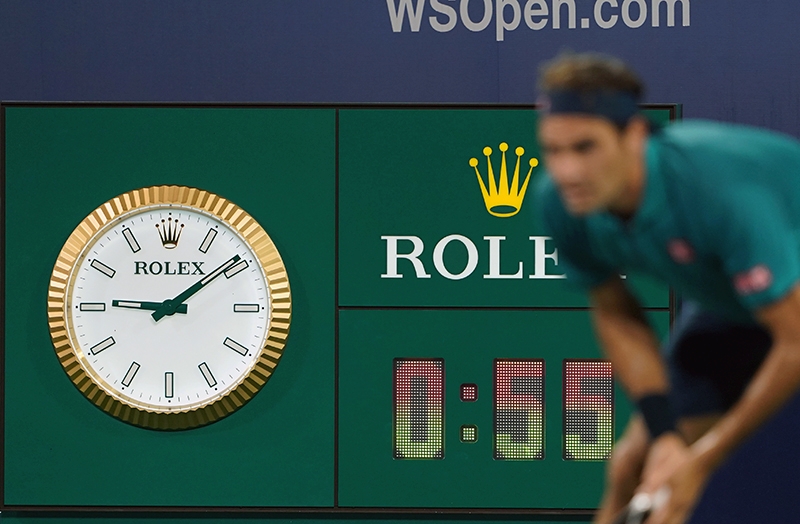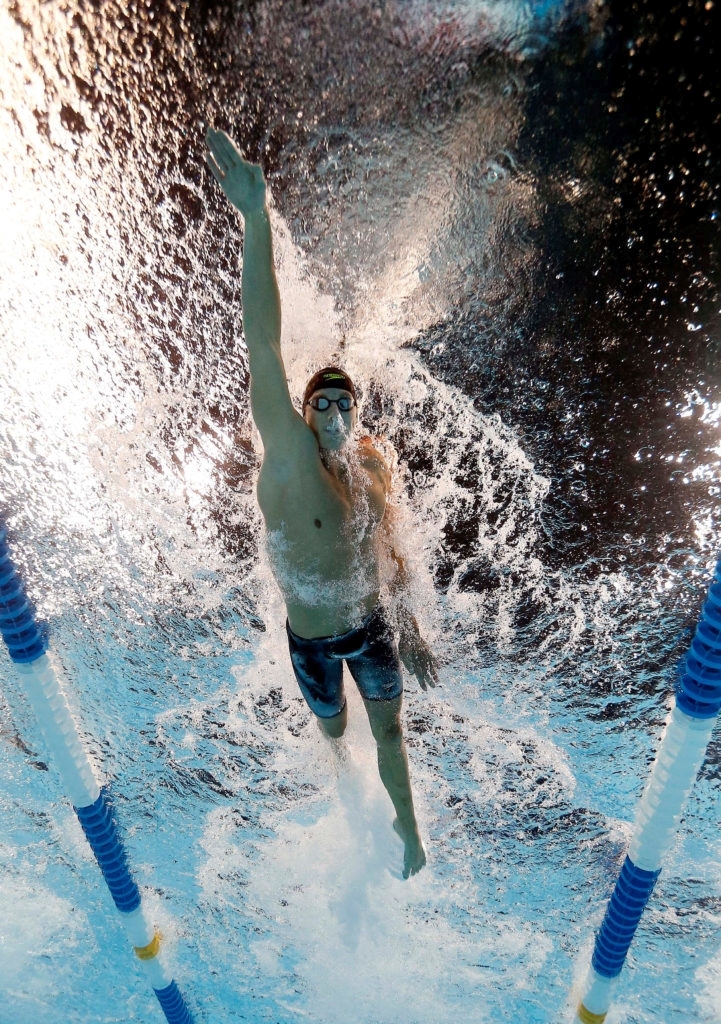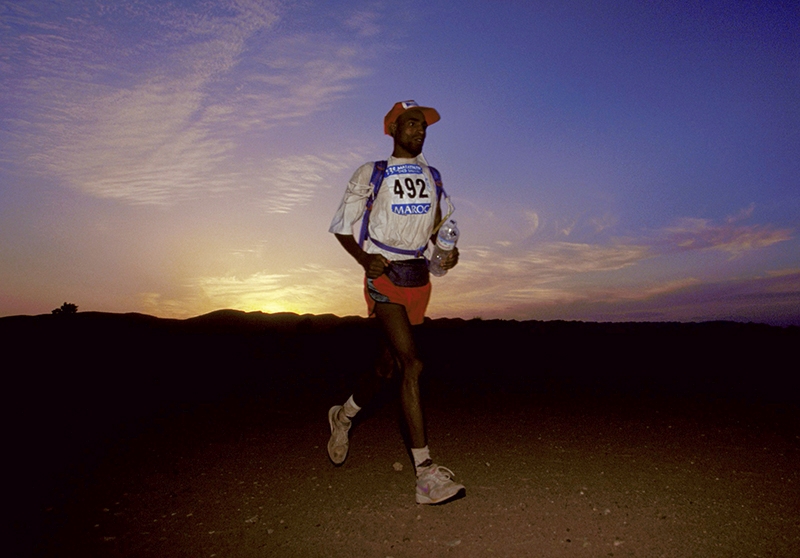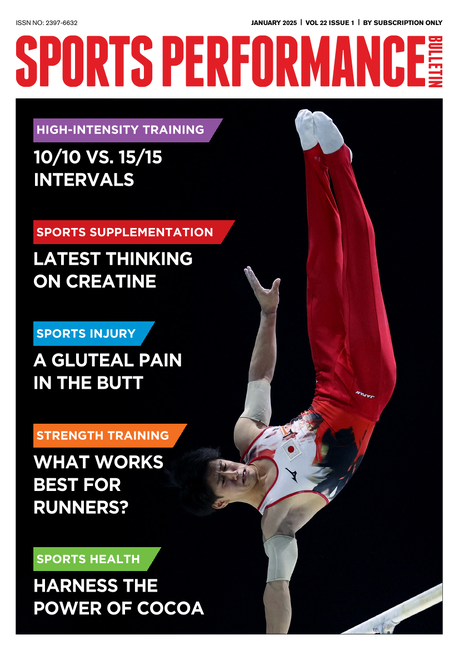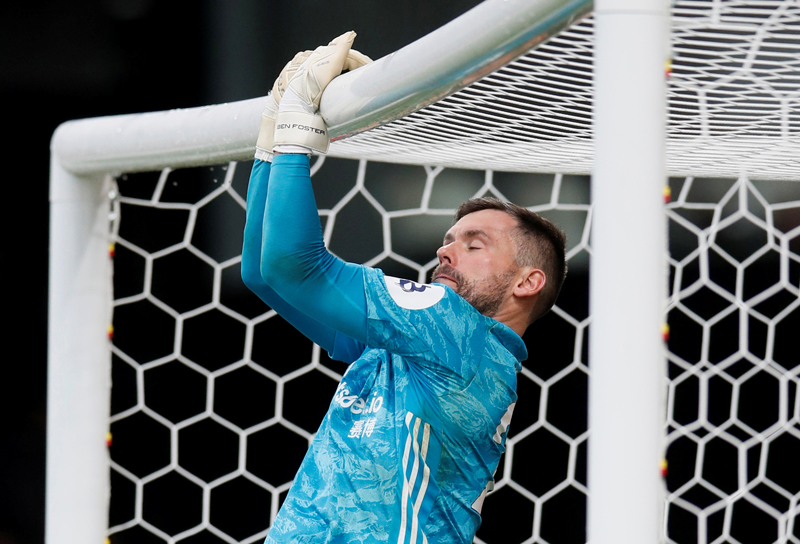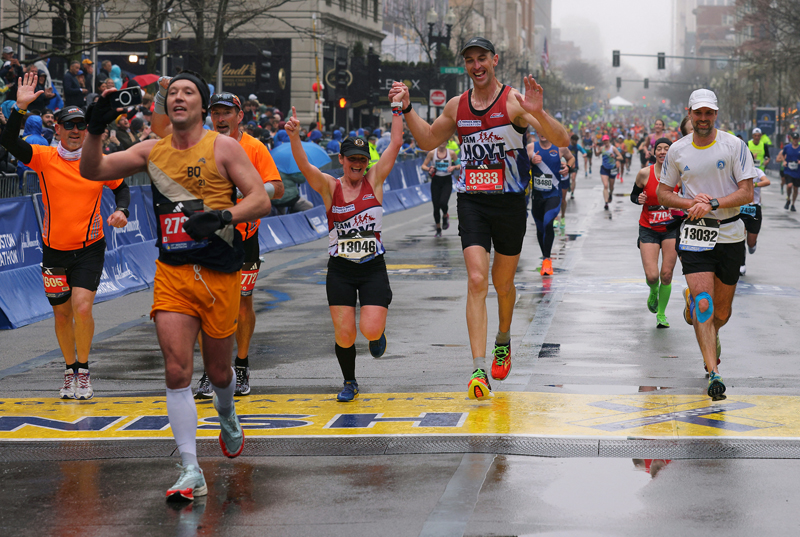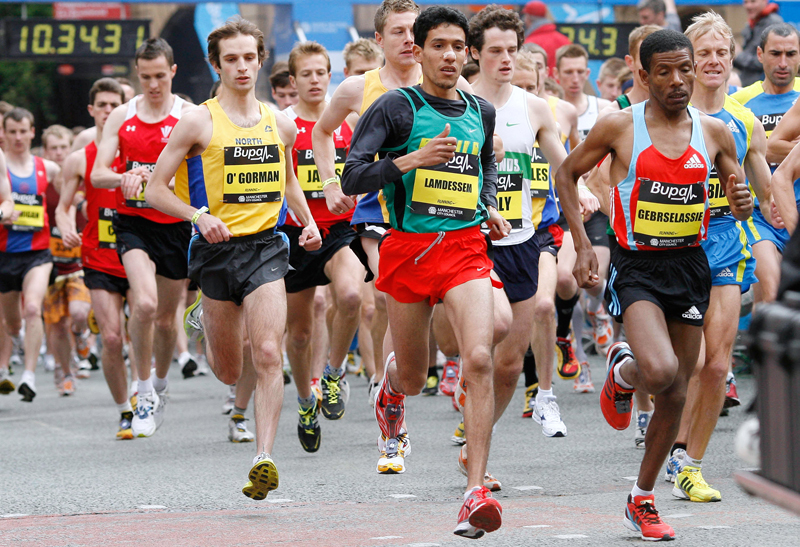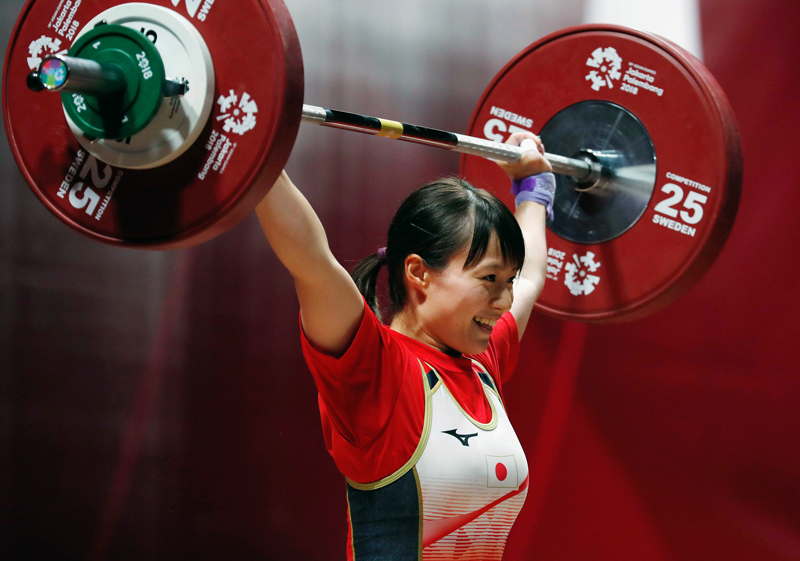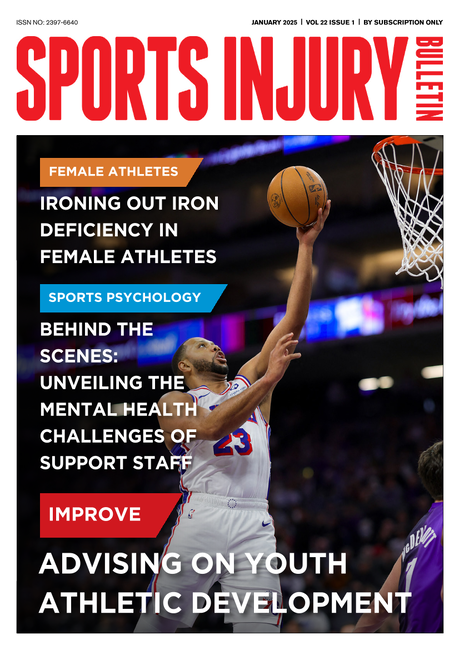You are viewing 1 of your 1 free articles. For unlimited access take a risk-free trial
Timing your training: early birds and easy riders

According to the conventional thinking late afternoon/early evening - the peak of the daily circadian rhythm - is the best time of day for intense training. But as Andrew Hamilton explains, some research suggests that this isn't always the case...
It’s long been known that biological rhythms can affect physical performance and without doubt, the most influential rhythm of all is the ‘circadian’ rhythm. The circadian rhythm is your body’s daily wake/sleep rhythm, and is regulated by the secretion of a hormone called melatonin, which also affects body temperature, mental alertness and even reaction times. The highest levels of melatonin tend to occur in the middle of the night, resulting in result in sleepiness and reduced body core temperature and alertness, while the lowest typically occur during the late afternoon/early evening period, which is when most people feel at their best. The prevailing wisdom therefore is that by scheduling your training to coincide with your ‘circadian peak’ (ie late afternoon/early evening), you will not only feel and perform better, your higher core temperature will also reduce any risk of injury. However, some research suggests that this ‘one size fits all’ approach could be misguided because some people might be genetically programmed to perform better in the mornings.Genetics and 'time of day' performance
In one key study, South African researchers gathered together a group of 20 trained cyclists with a certain genetic profile - they all carried a particular gene known as the ‘Period-3 long gene’(1). Studies have shown that people who carry this gene typically report they feel and perform better early in the mornings, and by contrast, start to flag come early evening. The cyclists were fairly fit and were riding around 170km per week. On five separate occasions, the cyclists were asked to complete a 17-min sub-maximal cycling test at 60% (moderate intensity), 80% (hard) and 90% (very hard) of maximum heart rate at 6am, 10am, 2pm, 6pm and 10pm. The order of these test times was random and ample recovery between tests was allowed to ensure that the cyclists were completely fresh at the start of each test session. During each test, the cyclists were asked to rate their perceived effort levels (rating of perceived exertion), even though the actual effort level was identical in each of five tests.The results showed that compared to the morning and daytime sessions, the cyclists reported significantly higher ratings of perceived exertion at all three intensities (60%, 80% and 90% of maximum heart rate) during the two evening sessions – ie at 6pm and 10pm. This was despite absolute power output, the speed and the pedalling cadence showing no time-of-day differences. In short, these ‘morning-type’ cyclists perceived exactly the same relative intensity workload to be harder in the evening compared to the morning!
The bigger picture
Until fairly recently, the evidence suggested that given a choice, sportsmen and women should train and/or compete later in the afternoon or early evening because the ebb and flow of the circadian rhythm would ensure better performance. For example, a study on high-intensity cycling ergometer performance found that the total work performed was 9.6% greater in the afternoon compared to the morning(2). Another looked at cycling sprinting power at 4-hourly intervals from 2am to 10pm and found that maximum and average peak power occurred around 5.30pm-6.00pm, just before the peak in the cyclists’ core temperatures, confirming that this was a circadian rhythm effect(3). But this study suggests that for a certain subset of cyclists (and other endurance athletes), morning training may actually be better because the same workload will feel more comfortable than when performed later in the day.Applying the science:
If you’re naturally a very early riser (lark), you may find preferable to train early in the day because the same training intensity will simply feel easier. How will you know if you’re a lark? You could of course take a genetic test but there are other traits that can be very informative:- *You wake very early naturally and begin to feel tired early in the evening;
- *You find staying up late for a special occasion is quite difficult;
- *You feel hungry immediately after rising and tend to eat less in the evening.
References
- J Sports Sci. 2014;32(10):917-25
- Can J Sport Sci. 1992 Dec;17(4):316-9
- Int J Sports Med. 2004 Jan;25(1):14-9
Newsletter Sign Up
Testimonials
Dr. Alexandra Fandetti-Robin, Back & Body Chiropractic
Elspeth Cowell MSCh DpodM SRCh HCPC reg
William Hunter, Nuffield Health
Newsletter Sign Up
Coaches Testimonials
Dr. Alexandra Fandetti-Robin, Back & Body Chiropractic
Elspeth Cowell MSCh DpodM SRCh HCPC reg
William Hunter, Nuffield Health
Keep up with latest sports science research and apply it to maximize performance
Today you have the chance to join a group of athletes, and sports coaches/trainers who all have something special in common...
They use the latest research to improve performance for themselves and their clients - both athletes and sports teams - with help from global specialists in the fields of sports science, sports medicine and sports psychology.
They do this by reading Sports Performance Bulletin, an easy-to-digest but serious-minded journal dedicated to high performance sports. SPB offers a wealth of information and insight into the latest research, in an easily-accessible and understood format, along with a wealth of practical recommendations.
*includes 3 coaching manuals
Get Inspired
All the latest techniques and approaches
Sports Performance Bulletin helps dedicated endurance athletes improve their performance. Sense-checking the latest sports science research, and sourcing evidence and case studies to support findings, Sports Performance Bulletin turns proven insights into easily digestible practical advice. Supporting athletes, coaches and professionals who wish to ensure their guidance and programmes are kept right up to date and based on credible science.
